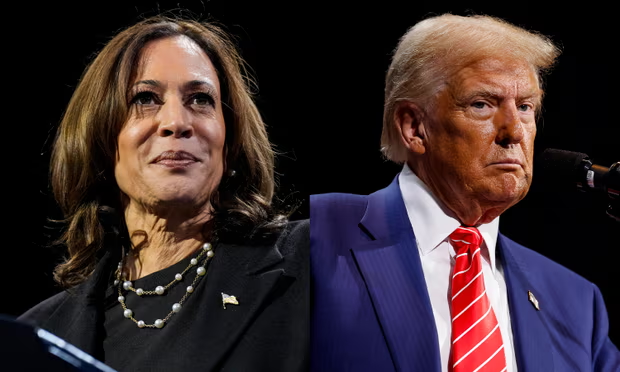How Long Will George Santos Go to Prison? Judge to Weigh Remorse Before Sentencing
Disgraced former U.S. Congressman George Santos is set to find out how many years he will spend behind bars, as a federal judge prepares to deliver his sentence this Friday. The decision will largely depend on how remorseful the court believes he truly is.
Background of the Case
George Santos, who briefly represented parts of Queens and Long Island in New York, was expelled from the U.S. House of Representatives in December 2023 following a scathing House Ethics Committee report. The report accused him of a wide range of financial crimes, including falsifying campaign finance records, embezzling donor funds, and misusing campaign credit card information.
In August 2024, Santos pleaded guilty to several federal charges, including wire fraud and aggravated identity theft. As part of his plea deal, he admitted to filing false campaign finance reports, unlawfully charging donors’ credit cards, and fraudulently claiming unemployment benefits. These actions formed part of what prosecutors have described as a “brazen web of deceit”.
The Role of Remorse in Sentencing
U.S. District Judge Joanna Seybert, who was appointed by former President Bill Clinton, will preside over Santos’ sentencing at a court in Long Island. Federal prosecutors have urged the judge to impose a sentence of 87 months—over seven years—arguing that Santos has shown little true remorse for his actions.
In contrast, Santos’ legal team has requested the statutory minimum of two years, pointing to his guilty plea as a sign of his willingness to take responsibility. They argue that Santos’ emotional admission in court and his acknowledgment of wrongdoing should be enough to warrant leniency.
Prosecutors Call Him “Unrepentant”
Despite Santos’ claims of regret, prosecutors paint a different picture. In court documents, they cite his continued activity on social media as evidence that he has not truly accepted the gravity of his crimes. Of particular concern was a post made on 4 April on X (formerly Twitter), in which Santos wrote:
“No matter how hard the DOJ comes for me, they are mad because they will NEVER break my spirit.”
Prosecutors interpret this as defiance rather than repentance, stating that his “social media blitz” shows he is more focused on public image than on making amends.
Santos’ Response to Critics
In a letter addressed to the judge earlier this week, Santos argued that he has “accepted full responsibility” for his actions, but insisted he should still have the right to publicly challenge what he views as an overly harsh sentencing recommendation.
“Saying I’m sorry doesn’t require me to sit quietly while these prosecutors try to drop an anvil on my head,” he wrote.
“True remorse isn’t mute; it is aware of itself, and it speaks up when the penalty scale jumps into the absurd.”
Santos’ legal team also highlighted the emotional and professional toll the proceedings have taken on him. They described his fall from political power as both swift and painful, and said that the public humiliation he has suffered should be taken into account.
What Comes Next?
The upcoming sentencing will mark the end of a dramatic chapter in American politics. Santos’ rise and fall captured national attention, not just for the nature of his alleged crimes but also for his brazen attitude even in the face of damning evidence.
As Judge Seybert considers the sentencing arguments, the spotlight will remain on how she interprets Santos’ expressions of remorse—or lack thereof. The case serves as a stark reminder of how accountability and public perception can collide in high-profile legal battles.
The ruling on Friday will not only determine George Santos’ future but also send a message about the weight of responsibility carried by elected officials.
You Might Also Like:
Earth Day 2025: Global Call to Protect the Planet on April 22
Gold Hits Record $3,500 as Trump Slams Fed Chair Powell, Markets React






